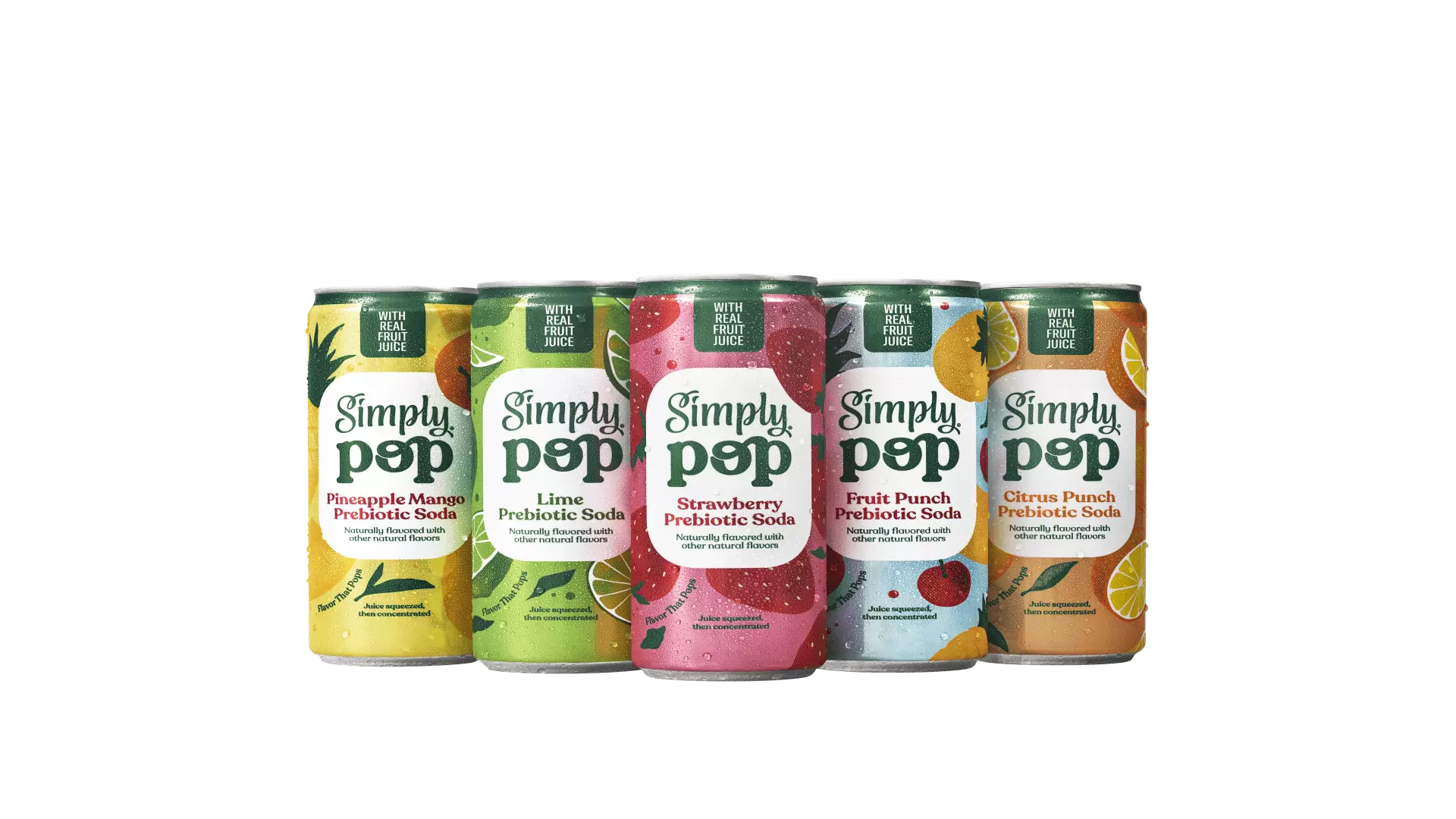The beverage industry is seeing significant shifts, with health-conscious consumers steering away from traditional carbonated drinks in search of healthier alternatives. Notably, Coca-Cola’s introduction of Simply Pop, a new prebiotic soda brand, marks the company’s attempt to reinvigorate their presence in a market where they have been losing ground. As newer brands like Olipop and Poppi continue to capture consumer interest, this new product line raises questions about the future of soda consumption and Coca-Cola’s role in it.
Soda consumption in the United States has plummeted over the past two decades, attributed in large part to an increasing awareness of health implications tied to sugary drinks. The market for sodas is diversifying, with various alternatives emerging, from cold brew coffee to flavored water and energy drinks. This shifting landscape has paved the way for the rise of prebiotic sodas, a new niche that promises digestive health benefits. According to industry data, the segment is seeing remarkable growth, expanding from a modest $197 million in 2020 to an expected $440 million by 2024. While these figures are impressive, they represent just a small slice of the overall soda market, which remains valued in the billions.
Coca-Cola’s late entry into this burgeoning segment prompts a critical examination of whether Simply Pop can challenge the current leaders, Olipop and Poppi, who have adeptly captured the attention and loyalty of younger demographics, especially millennials and Gen Z consumers.
Simply Pop’s flavor lineup—a playful collection including pineapple mango, lime, and fruit punch—reflects a strategic alignment with Coca-Cola’s established Simply juice brand. The drinks boast no added sugars, an appealing trait for health-focused consumers, and comprise 25% to 30% real fruit juice along with essential vitamins. The presence of prebiotic fibers is particularly noteworthy: at six grams per serving, Simply Pop exceeds Poppi’s fiber content but trails behind Olipop’s offerings.
However, there is a looming caveat; many of the health claims associated with prebiotics are still under scrutiny. While buzzwords like “gut health” resonate with consumers, scientific backing remains inconclusive, leading to potential backlash. Poppi, for instance, is currently embroiled in legal disputes challenging the health claims touted in their marketing, which serve as a stark reminder of the complexities involved in positioning health-focused products in the market.
Coca-Cola’s decades-long dominance in the beverage realm gives it considerable advantages in marketing and distribution that far surpass those of emerging brands. With projected revenues of $47 billion for 2024, the company possesses the financial strength to invest in aggressive marketing strategies. In contrast, Olipop has seen revenues hover around $400 million, highlighting the significant disparity between the two entities.
Yet, Coca-Cola’s history is not devoid of missteps in new product launches. The rapid withdrawal of Coke Spiced and struggles with Aha sparkling water emphasize the company’s challenges in effectively capturing changing consumer preferences. While Simply Pop presents an opportunity to tap into a promising market, the potential for failure looms large. The beverage giant must navigate the delicate balance between consumer expectations for health-oriented products and its inherent brand identity as a sugary soda manufacturer.
As Simply Pop gears up for its West Coast and Southeast launch, the overarching question remains: can Coca-Cola leverage its extensive experience and resources to carve out a niche in the rapidly expanding prebiotic category? The competitive landscape is evolving fast, and while there are opportunities for growth, the company must remain vigilant and adaptable.
The success of Simply Pop could hinge not only on effective marketing strategies but also on the authenticity of its health claims and the genuine appeal of its flavors. As the consumer market grows increasingly sophisticated, Coca-Cola will need to remain responsive to evolving health trends and transparent about its product benefits. Ultimately, the journey of Simply Pop may well dictate Coca-Cola’s ability to redefine its brand in an era where consumer health takes precedence over classic soda nostalgia.

